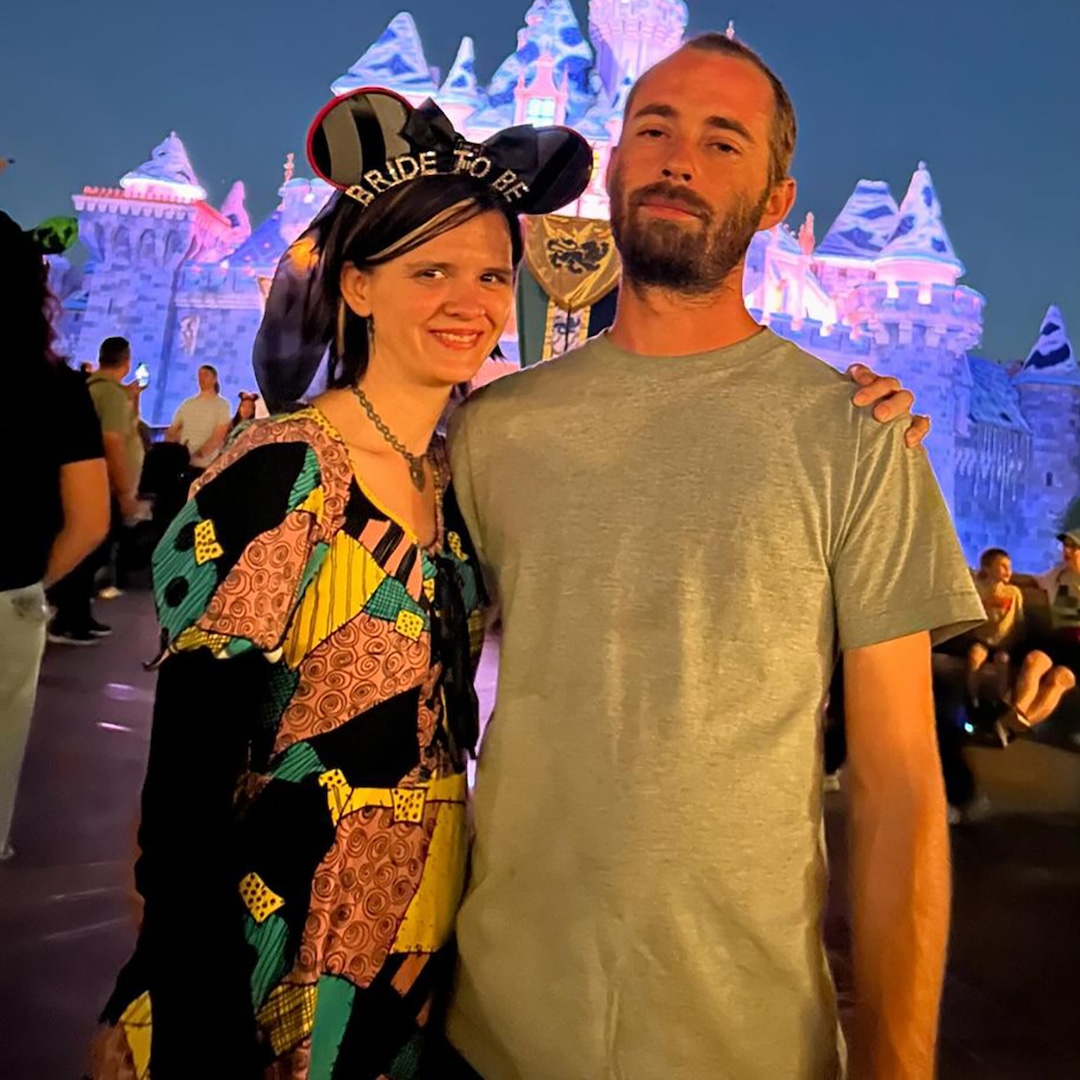I remember the first time I watched a David Cronenberg film. It was “The Fly,” and I was equal parts horrified and fascinated by what I saw on screen. The way Cronenberg blended elements of horror and science fiction, using the transformation of the human body as a vehicle for exploring deeper themes, was unlike anything I had ever seen before. It was a revelation, and it sparked a lifelong love affair with his work.
Exploring the Blending of Horror and Science Fiction in David Cronenberg’s Films
Since then, I’ve devoured every Cronenberg film I can get my hands on, from his early body horror classics like “Shivers” and “Rabid” to his more recent forays into psychological drama like “A History of Violence” and “Eastern Promises.” But no matter how much his style has evolved over the years, there are certain themes and motifs that remain constant throughout his work.
One of the most prominent of these is the idea of the “new flesh,” a term Cronenberg coined to describe the ways in which the human body can be transformed and altered by technology, disease, or mutation. In films like “Videodrome” and “eXistenZ,” Cronenberg imagines a world in which the boundaries between the physical and the virtual are increasingly blurred, and where the human body itself becomes a kind of malleable interface.
It’s a concept that’s both thrilling and terrifying, and it speaks to the deep-seated anxieties we all have about the fragility and vulnerability of our own bodies. Cronenberg’s films force us to confront these anxieties head-on, to stare into the abyss of our own mortality and to grapple with the ways in which our physical selves shape our identities and our experiences of the world.


But Cronenberg’s films are more than just an exercise in existential dread. They’re also a celebration of the human capacity for transformation and adaptation. In “The Fly,” for example, Seth Brundle’s transformation into a human-fly hybrid is not just a tragedy, but also a kind of twisted triumph. As he tells his lover, “I’m saying I’m an insect who dreamt he was a man and loved it. But now the dream is over, and the insect is awake.“
It’s a line that perfectly encapsulates the strange, paradoxical beauty of Cronenberg’s vision. Even as his films confront us with the horror of bodily transformation, they also invite us to marvel at the incredible resilience and adaptability of the human organism. In Cronenberg’s world, the body is not just a prison or a curse, but also a source of endless possibility and wonder.
Of course, not all of Cronenberg’s films are as overtly focused on body horror as “The Fly” or “Videodrome.” Some, like “Dead Ringers” or “Crash,” are more interested in exploring the psychological and emotional dimensions of human experience. But even in these more subtle works, the body is never far from Cronenberg’s mind.
In “Dead Ringers,” for example, the twin gynecologists played by Jeremy Irons are not just emotionally and psychologically intertwined, but also physically identical. Their bodies are a kind of mirror image of each other, a reflection of the ways in which our physical selves can shape our identities and our relationships with others.
And in “Crash,” Cronenberg takes the idea of the “new flesh” to its logical extreme, imagining a world in which car crashes have become a kind of sexual fetish, and where the scars and wounds inflicted by these crashes are a source of erotic fascination. It’s a disturbing and provocative vision, but one that speaks to the ways in which our bodies can become a kind of canvas for our deepest desires and obsessions.


Ultimately, what I love most about Cronenberg’s films is the way they use the language of horror and science fiction to explore the most profound and intimate aspects of the human experience. By confronting us with the strange and often grotesque realities of our own bodies, he invites us to question everything we thought we knew about ourselves and the world we inhabit.
It’s a deeply personal and idiosyncratic vision, one that has earned Cronenberg a devoted cult following and a reputation as one of the most original and uncompromising filmmakers of his generation. And for me, it’s a vision that never fails to inspire a sense of awe and wonder, even as it sends shivers down my spine.
So if you’re a fan of horror, science fiction, or just bold and challenging cinema in general, I highly recommend diving into the twisted and fascinating world of David Cronenberg’s films. Trust me, you won’t regret it.
One of the things I appreciate most about Cronenberg’s work is the way he uses special effects and makeup to bring his bizarre visions to life. In films like “The Brood” and “Scanners,” he creates some truly nightmarish images, from the grotesque, cancerous growths that sprout from characters’ bodies to the infamous head-exploding scene that has become a cult classic.
But even when the effects are less overtly shocking, they still serve to underscore the themes and ideas at the heart of Cronenberg’s work. In “eXistenZ,” for example, the organic, pulsating game pods that characters plug into their bodies are a perfect metaphor for the ways in which technology can blur the lines between the real and the virtual, the organic and the artificial.


And in “The Fly,” the gradual transformation of Seth Brundle’s body is a masterclass in special effects makeup, one that still holds up today as a testament to the skill and imagination of Cronenberg and his team. But more than that, it’s a powerful visual representation of the film’s themes of love, loss, and the inevitability of change.
Of course, Cronenberg’s films are not for everyone. They can be challenging, disturbing, and even downright gross at times. But for those who are willing to take the plunge, they offer a truly unique and unforgettable cinematic experience.
Whether he’s exploring the horrors of the flesh or the depths of the human psyche, Cronenberg always brings a singular vision and a fearless creativity to his work. He’s a true original, a filmmaker who has never been afraid to push boundaries and to explore the darkest and most unsettling corners of the human experience.
So if you’re ready to have your mind blown and your stomach turned, I invite you to join me on a journey through the strange and wonderful world of David Cronenberg’s films. From “Shivers” to “Maps to the Stars,” there’s no shortage of bizarre and brilliant works to discover.
And who knows? Maybe, like me, you’ll find yourself strangely addicted to the unique blend of horror, science fiction, and philosophical inquiry that defines Cronenberg’s work. Maybe you’ll start to see the world a little differently, to appreciate the strange and grotesque beauty that lurks just beneath the surface of our everyday lives.
Or maybe you’ll just have a really good time watching some truly messed-up movies. Either way, I promise you won’t be disappointed.


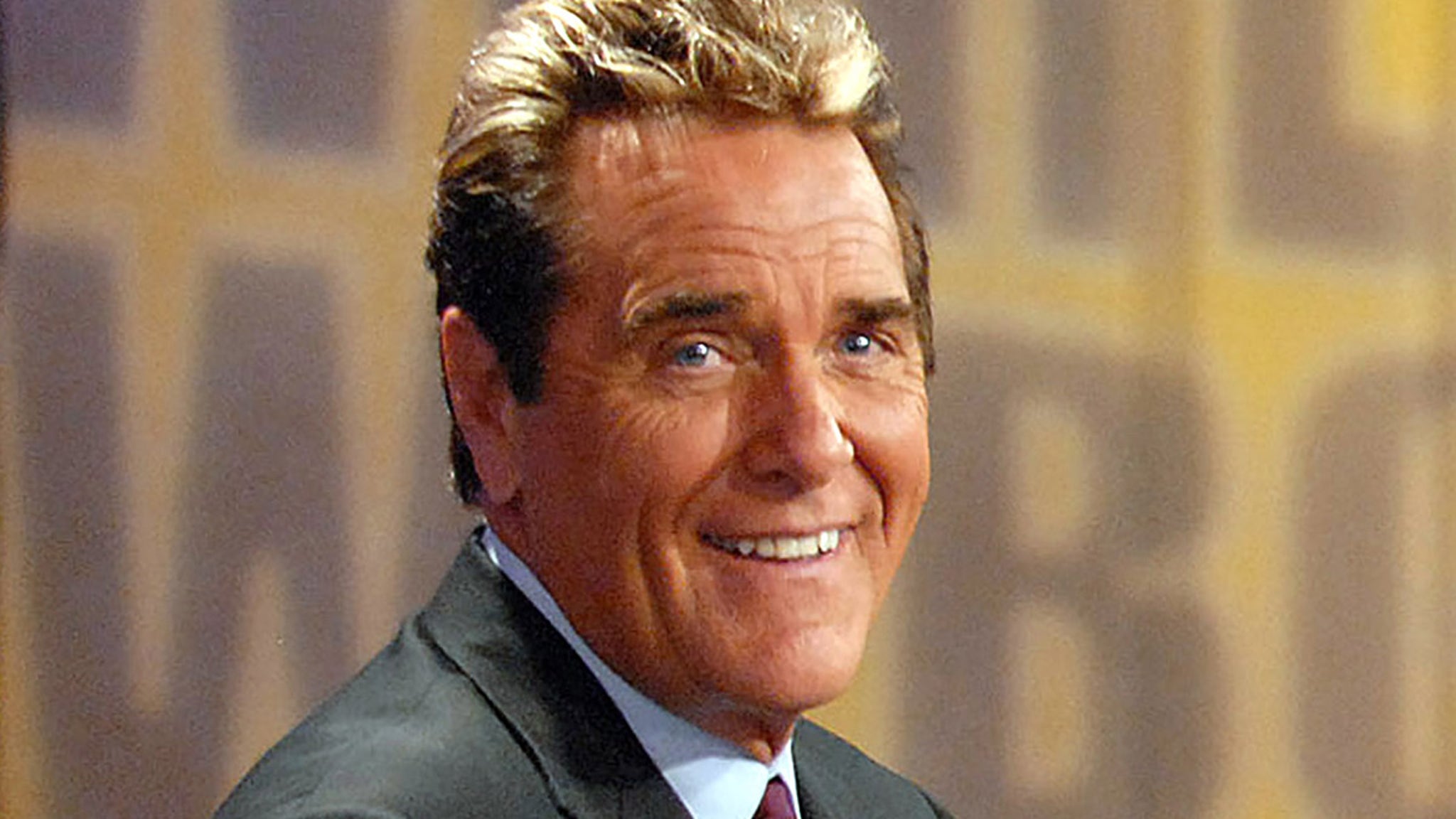







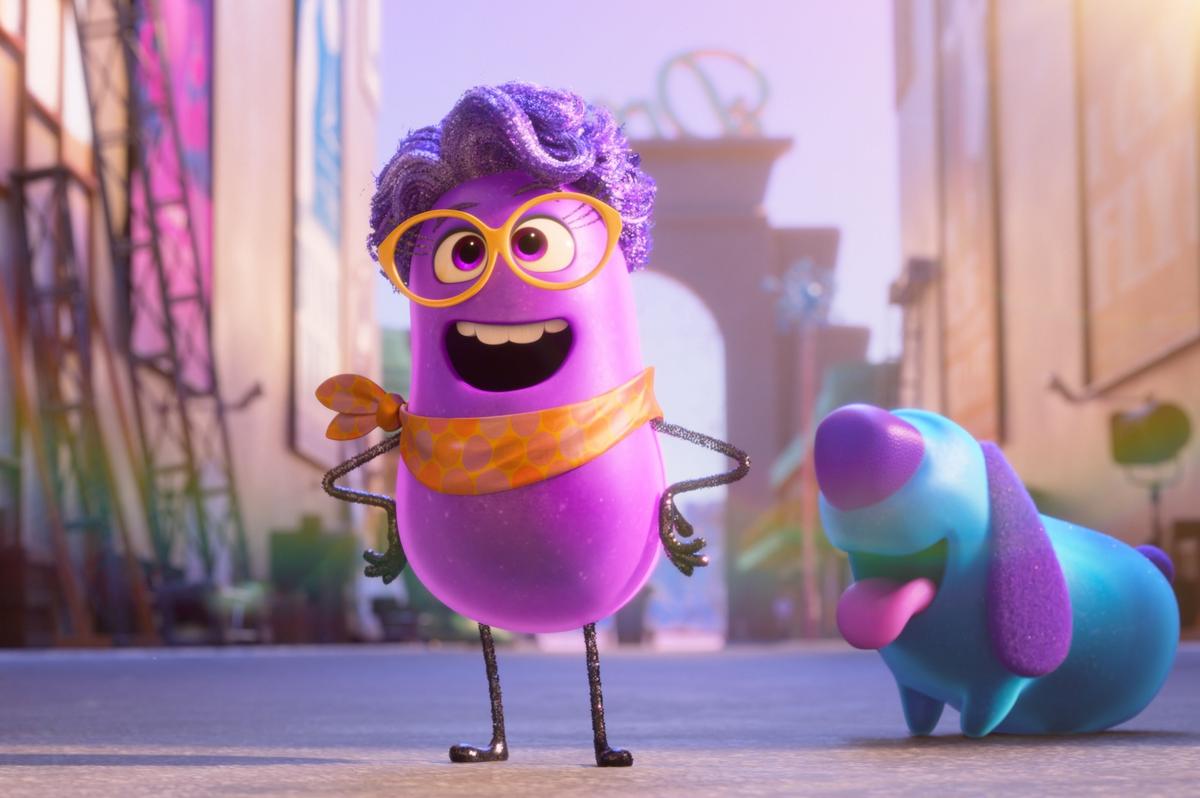















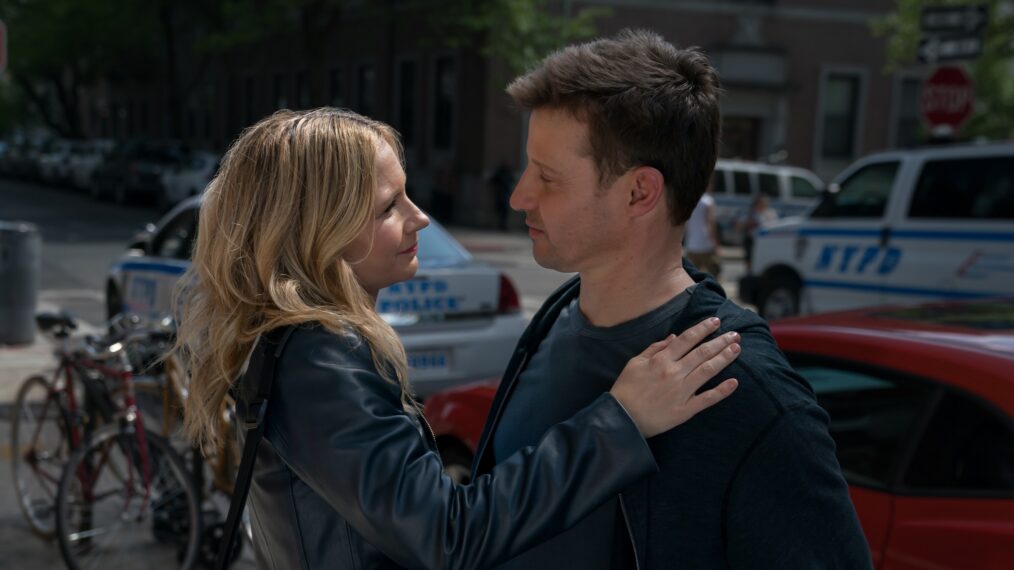

















































![Lizzo – 2 Be Loved (Am I Ready) [Official Video] Lizzo – 2 Be Loved (Am I Ready) [Official Video]](https://i.ytimg.com/vi/krdQLzzAeZU/maxresdefault.jpg)
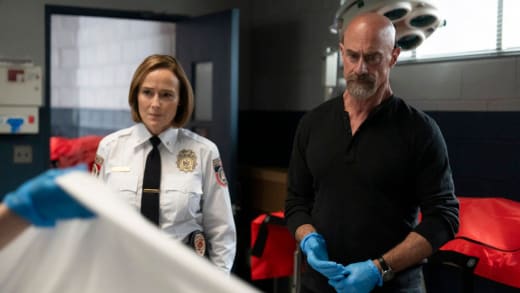

:quality(85):upscale()/2024/11/15/946/n/1922564/27581e706737c03acbcbf7.30261735_.png)
